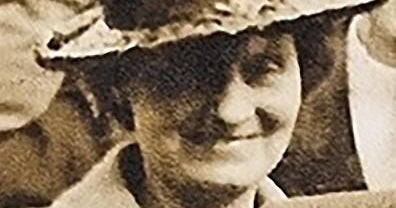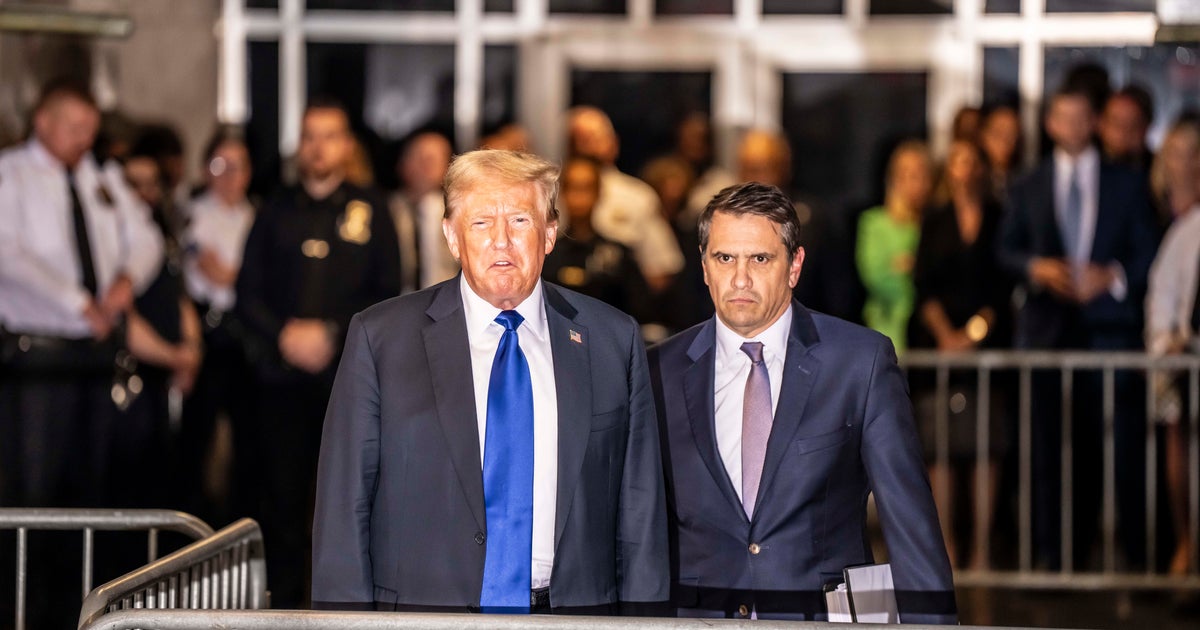Jury of 7 men, 5 women selected in Harvey Weinstein case
Jury selection in Harvey Weinstein's rape trial concluded Friday after an arduous two-week process, setting the stage for testimony to begin in the next week. The lawyers and judge halted the selection process after 12 jurors and three alternates were chosen. Of the 12 jurors, seven are men, and five are women. Of the total, eight are men and seven are women.
Before the jury selection was complete, prosecutors argued that the defense was deliberately trying to keep young women off the panel.
"They are systematically eliminating a class of people from this jury," prosecutor Joan Illuzzi-Orbon said.
The defense said it wasn't specifically targeting young women, but didn't want jurors who were too young to understand the way men and women interacted in the early 1990s.
"That was a different time in New York and on planet Earth," Weinstein attorney Arthur Aidala said.
Weinstein, 67, is charged with raping a woman in a Manhattan hotel room in 2013 and sexually assaulting another woman in 2006. He has pleaded not guilty and said any sexual activity was consensual. If convicted, he could face life in prison.
The tussle over juror gender comes amid a selection process that has been far from easy.
Weinstein's case has attracted widespread public attention and catalyzed the MeToo movement as dozens of women have come forward over the last two years with allegations of sexual misconduct. That's made it tough for Weinstein's lawyers, prosecutors and Burke to find a fair and impartial jury. Cognizant of the media attention and the weight some people are putting on the case, Burke has cautioned potential jurors: "This trial is not a referendum on the #MeToo movement."
Each day for nearly a week, whenever Judge James Burke introduced Weinstein to a new batch of potential jurors and asked if they couldn't be impartial, dozens of hands shot up.
Of more than 600 people summoned as potential jurors in Weinstein's case, some have marked themselves for disqualification by admitting they knew one of Weinstein's many accusers, had personal experience with sexual abuse or read "Catch and Kill," a book by Ronan Farrow, one of the first reporters to bring the allegations against Weinstein to light.
There were others like supermodel Gigi Hadid, who reported for jury duty and wound up in the Weinstein pool, who even said they had met the defendant. Hadid said she could be impartial, but was dismissed on Thursday.
One man's wife starred on a show that Weinstein's studio produced and said he couldn't be impartial. One woman said she couldn't be impartial because she has a "close friend who had an encounter with the defendant in his hotel room."
In the end, the jury includes the author of a upcoming novel that she describes as involving young women dealing with predatory older men. The defense, out of challenges, argued against including her on the jury, but Burke said she could serve.
The defense then asked for a mistrial over her inclusion on the jury but was denied. Weinstein lawyer Donna Rotunno said the woman had lied on her jury questionnaire, but prosecutors noted she disclosed on the form that she was a novelist.
Weinstein's lawyers have tried, so far unsuccessfully, to move the trial out New York City, arguing that the media hub where celebrities and ordinary people often intersect can't possibly give Weinstein a fair trial.
Having lost an earlier change of venue request, the defense argued in a motion this week the "carnival-like atmosphere" surrounding jury selection, coupled with the frenzy over Hadid's appearance in the jury pool and social media comments by prospective jurors, showed Weinstein won't get a fair shake in his hometown.
Weinstein's lawyers cited "flash mob" protests in the streets whose chants can be heard 15 stories up in the courtroom and a crush of reporters and photographers that have turned the case into a "media and entertainment circus."
The defense's motion argued an "alarmingly high" number of potential jurors have "already shown an unwillingness to give fair and impartial consideration to the case." It cited a "deluge" of pre-trial publicity which was "stoked" by media coverage of new sex abuse charges levied against Weinstein in Los Angeles last week, the day his New York trial began.
Weinstein is expected to be arraigned later in the Los Angeles case, where he is accused of sexually assaulting two women on consecutive nights in 2013.
In a motion filed in opposition Friday, prosecutors argued that potential jurors in other jurisdictions have had access to the same media coverage.
Prosecutors said the defense's motion was "lacking in any solid factual or legal basis" and "should be viewed as a transparent attempt to delay the proceedings" and disrupt the case.
Court was called into recess until 9:30 a.m. Tuesday, when the judge was expected to hear arguments on the pre-trial motions. Opening arguments are expected Wednesday, and the trial will likely last about six weeks.
-- Cassandra Gauthier and Shawn Matthews contributed reporting





